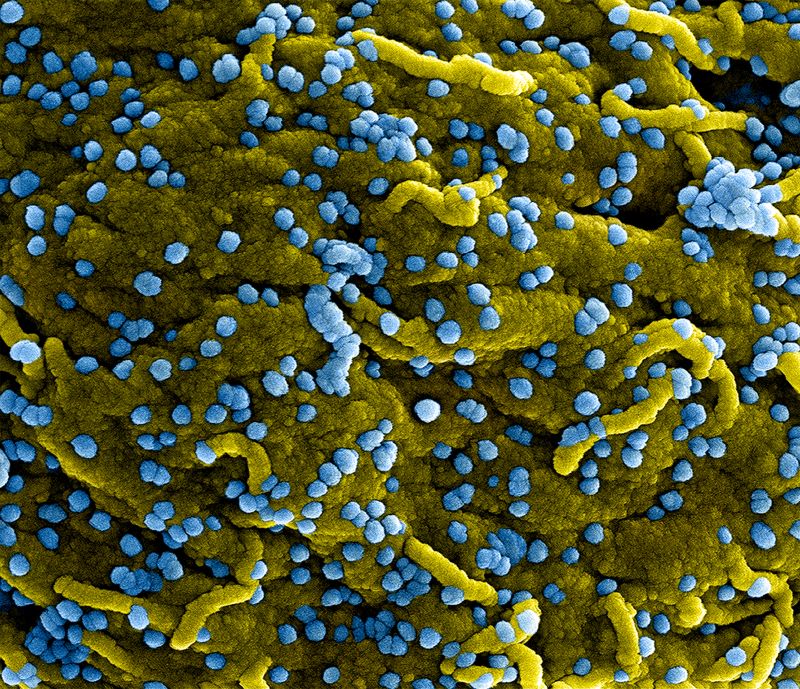Amid an outbreak of Marburg virus in Rwanda, travelers coming into the United States who have been in Rwanda in the previous 21 days will be screened starting next week, the US Department of Health and Human Services announced Monday.
There are no confirmed cases of Marburg virus disease – a rare but deadly hemorrhagic disease similar to Ebola – outside Rwanda, and officials have said that the current risk to the US is low. However, HHS says the US Centers for Disease Control and Prevention will begin public health entry screening the week of October 14 in an effort to reduce the risk of the importation and spread of cases.
The CDC is also issuing a Level 3 Travel Health Notice, recommending that people reconsider nonessential travel to Rwanda, and sending automated texts to air travelers arriving from Rwanda to share information and instructions.
As of Monday, there have been 56 confirmed cases of Marburg in Rwanda, with 36 people in isolation and treatment, and 12 deaths, according to the Ministry of Health. Many of the cases are in health-care workers, the CDC says.
Marburg is an orthomarburgvirus, a virus that naturally occurs in fruit bats. It’s in the same family as the Ebola virus. Marburg can spread from human to human when someone comes into contact with bodily fluids from a person who’s been infected. People can also get sick after handling a patient’s clothing or bedding.
It is not an airborne virus like the coronavirus that causes Covid-19, so that makes it a little easier to control, experts say.
It can take up to three weeks for symptoms to develop after someone has been exposed to the virus. The illness typically starts with a rash and fever. People may vomit and have a severe headache and muscle aches. In severe cases, patients may bleed from the nose, gums and eyes, and internal bleeding manifests as blood in vomit, urine and stool. Severe blood loss can lead to shock and death in up to 90% of cases.
There are no specific vaccines or treatments for Marburg; supportive care consists of rest and fluids.
The CDC and the World Health Organization have deployed teams of experts to Rwanda to provide guidance and assistance to public health workers there.
White House National Security Council spokesperson Sean Savett said in a statement Monday that the US government is working closely with Rwanda to control the outbreak.
- Sign up here to get The Results Are In with Dr. Sanjay Gupta every Friday from the CNN Health team.
“Since learning of this outbreak, the United States has committed to making nearly $11 million available to address urgent health needs in Rwanda and surrounding countries, including support for surveillance and contact tracing, infection prevention and control guidance, and exit screening at Rwanda’s airport and neighboring border crossings,” he said. “Although there are currently no FDA-approved vaccines or drugs against MVD, the United States contributed hundreds of investigational vaccine doses and a small number of investigational therapeutics doses, which arrived in Rwanda this weekend.”
In an advisory last week, the CDC urged health care providers in the US to watch for possible Marburg symptoms in patients who have a travel history and to isolate those who have symptoms and are at high risk of the disease until they test negative. Travelers to the outbreak area are advised to avoid visiting health care facilities except for urgent medical care.

